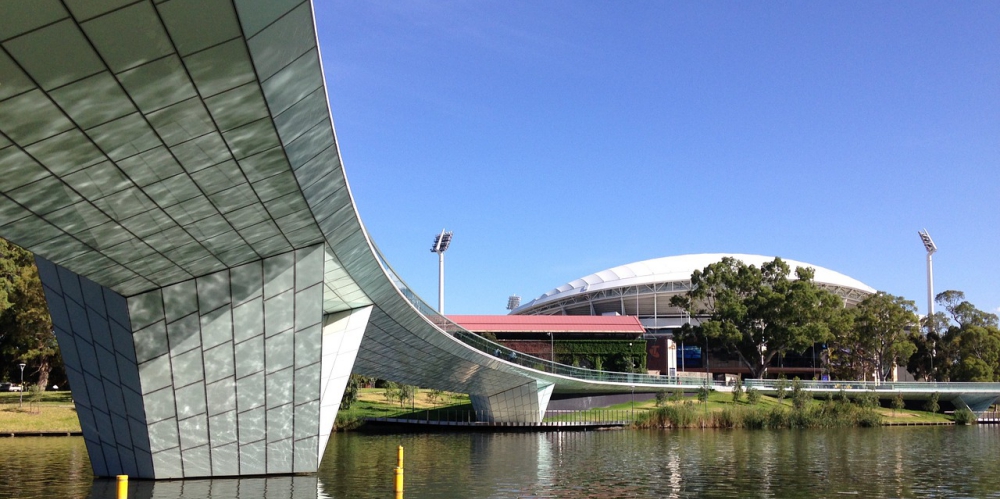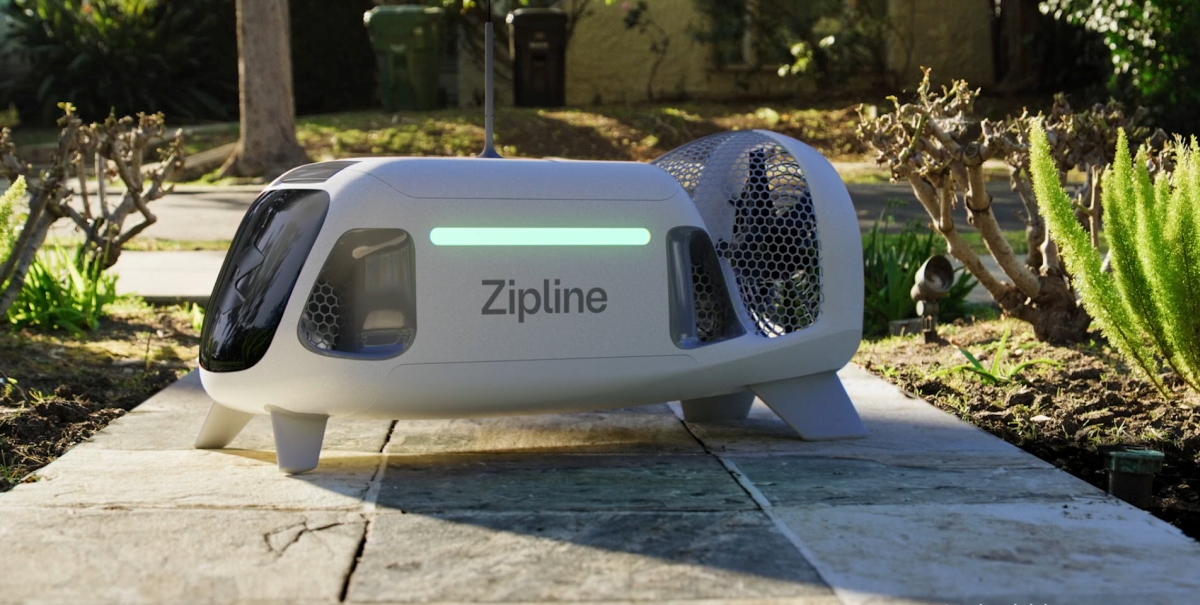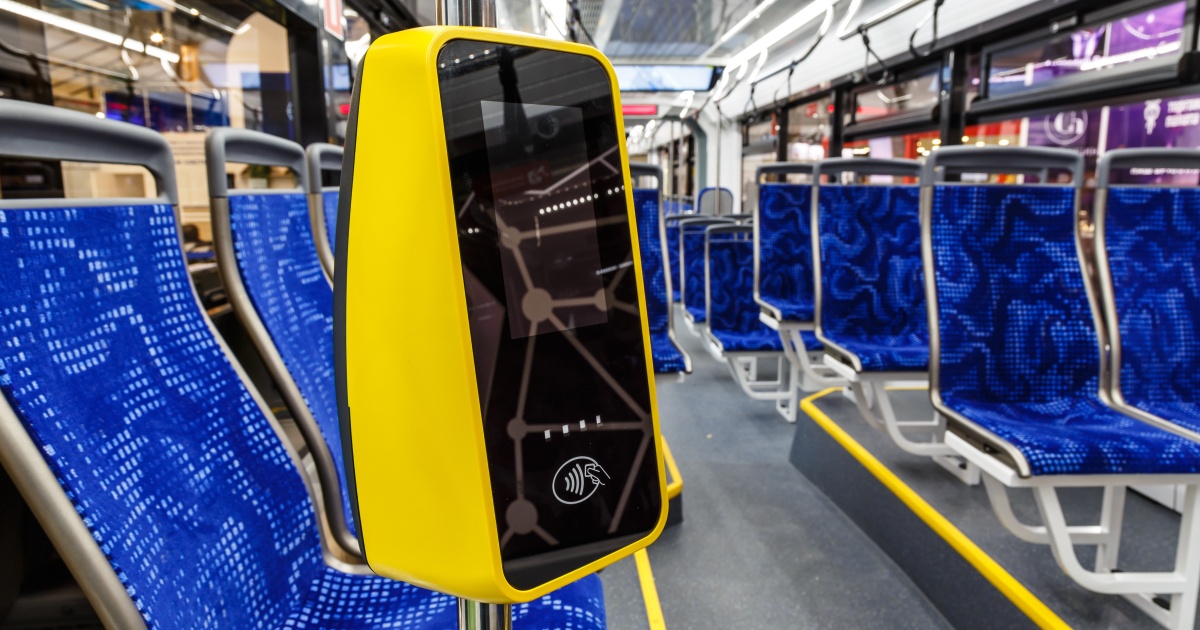
Cisco has announced that it is investing $1 million in Smart City technology for Adelaide, Australia to help reduce traffic congestion in that city and create the foundations for the deployment of autonomous vehicles on busy roads.
The pilot in partnership with the Government of South Australia and the City of Adelaide, measured the dwell time and queue length of vehicles as they wait at an intersection, which is a key element for congestion monitoring. It also calculated rolling averages across the day via a customized dashboard and a suite of metrics that show how well the traffic light sequences are operating at that intersection.
“Traffic congestion in Australia’s cities is getting worse, and we need to act now before autonomous vehicles join our already busy roads,” said Kevin Bloch, CTO, Cisco Australia & New Zealand. “We’re very excited to partner with the City of Adelaide and the SA Government and analyze the results of this pilot. We believe this technology could have a real impact on drivers, cyclists and pedestrians in Adelaide, and other cities, because its traffic light network will be able to make real-time decisions.”
Built on Cisco Kinetic for Cities, an IoT (Internet of Things) operations platform designed to unlock the power of data from billions of connected devices, the pilot was split into two phases.
In the first phase, six sensors were set up at a busy intersection. These sensors gathered intersection-approach traffic information, such as location, speed of vehicles, and pedestrians. With this information, algorithms will be able to recommend traffic light intervals to improve traffic and pedestrian-crossing flow.
The second phase involves an assessment of whether the same infrastructure can be applied to quickly and accurately determine the location and movements of autonomous vehicles, which is critical to being able to manage, direct and control autonomous vehicles.
The pilot ran for a week from January 29 to February 3. Following the successful trial, other intersections in Adelaide are being selected to potentially test and scale the solution city-wide followed by a national roll-out.
Other technology companies including QuantumIT, SQLstream, Quanergy, Astrata, Data#3, and MVIS Australia have also played an integral part in the pilot.
“We are pleased that Cisco has chosen Adelaide to develop and trial its smart city technology,” said Kyam Maher, Science and Information Economy Minister. “It’s a vote of confidence in our growing innovation ecosystem and boosts our reputation as a global leader in adopting smart technologies and smart solutions. The South Australian Government remains focused on establishing Adelaide as a dynamic and liveable smart city underpinned by robust innovation initiatives, digital infrastructure and support programs to help local business and entrepreneurs thrive.”
Cisco selected Adelaide as a Lighthouse City in January 2015 – one of nine across the world. As part of the strategic relationship with the City of Adelaide and SA Government, Cisco is committed to developing and piloting innovative solutions and this project is an example of the partnership in action. Jointly developing a solution for traffic congestion and also helping cities prepare for autonomous vehicles will be globally impactful. Further, skills developed in Adelaide can serve as a foundation for new knowledge based industries.
Ken Briodagh is a writer and editor with more than a decade of experience under his belt. He is in love with technology and if he had his druthers would beta test everything from shoe phones to flying cars.Edited by
Ken Briodagh





